Swiss nuclear power stations do well in tests
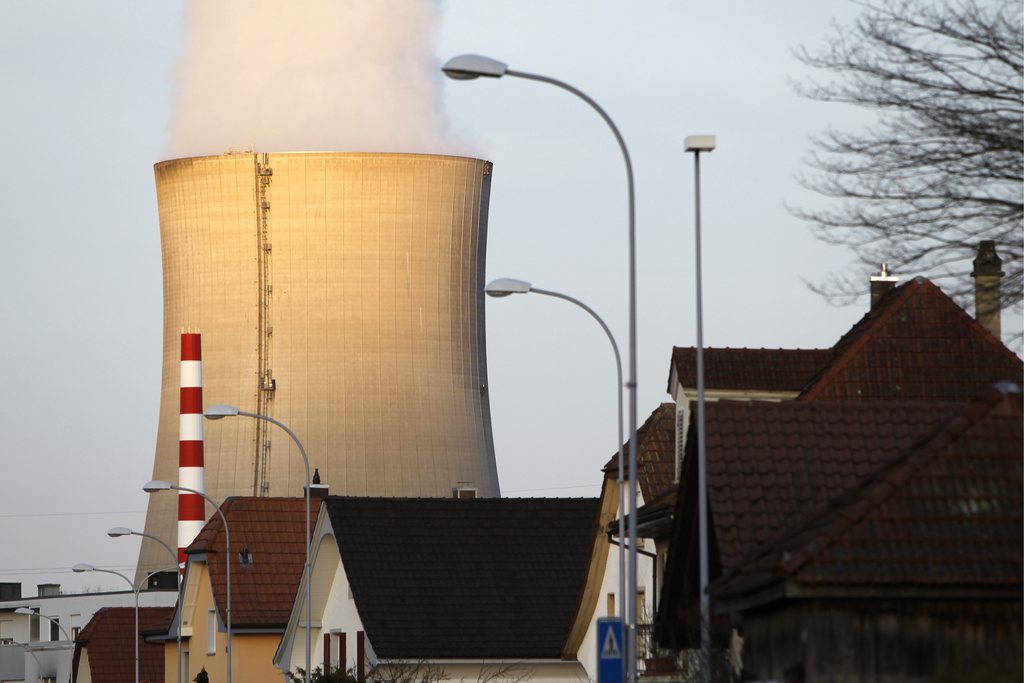
Switzerland’s nuclear power stations did well in stress tests ordered by the European Union, although hydrogen management at the Leibstadt plant could be improved, the Swiss Federal Nuclear Safety Inspectorate (Ensi) said on Thursday.
The EU report called for improvements in most EU nuclear power stations, but did not make any recommendations about the Swiss plants, since Switzerland is not an EU member.
However, Ensi said that a comparison of the results of the stress test shows that the stations in Mühleberg, Beznau and Gösgen met all the critical points mentioned in the report.
The hydrogen management problem at Leibstadt had already been identified, and the station submitted a report on it in June, which Ensi is now considering. The issue is that the station has only active recombiners for hydrogen management, which themselves require energy. An Ensi spokesman told the Swiss News Agency that EU report had recommended the addition of passive systems as well.
Fukushima
The EU stress tests were launched after the 2011 disaster at the Fukushima nuclear power plant in Japan that followed a powerful earthquake and tsunami. An Ensi report of May 2012 described the tests as a “focused reassessment” of European nuclear facilities, looking at “their protection against extreme external events …, against the loss of safety functions …and severe accident management in general”.
The EU also recommended five good practices, all but one of which have already been implemented in Switzerland. The only exception is the lack of a diversified main cooling water source at Mühleberg in canton Bern. Ensi had already asked the operator to carry out the necessary measures here.
After Fukushima Ensi identified 37 points that needed to be checked in Swiss nuclear power stations. Preparations for the EU stress test revealed another eight points: three to do with earthquakes, two to do with crisis management and the others to do with flood protection, meteorological events and loss of electric power.
Ensi will deal with these points as part of its action plan up to 2015. Swiss power stations are put through more stringent tests than the EU ones: they have had to show that they can deal with the kind of earthquakes and floods that only occur every 10,000 years.
Improvements required
The EU stress test – the first to be conducted at nuclear power stations – was carried out in 2011. The 145 reactors in 15 of the 27 EU member states were looked at. Non-members Switzerland and Ukraine also took part.
EU Energy Commissioner Günther Oettinger, presenting the report in Brussels, said that there was no room for complacency. Although safety standards in EU nuclear power plants were high, and there was no need to call for any to be switched off, improvements were recommended for “practically all” of them.
These improvements would cost of total of beween €10 and 25 billion (SFr 12.1 – 30.3 billion) he warned.
Member states are to draw up national action plans with a timetable by the end of 2012.
The environmental organisation Greenpeace said the tests had not gone deep enough, and national governments should carry out more thorough ones and close the oldest stations.
Switzerland currently has five nuclear reactors which generate about 40% of the country’s energy.
They are: Beznau I (commissioned 1969)
Beznau II (1972)
Mühleberg (1972)
Gösgen (1978)
Leibstadt (1984)
After the disaster at Fukushima in March 2011, the Swiss government decided to decommission all the nuclear power plants starting in 2019 and ending by 2034.

In compliance with the JTI standards
More: SWI swissinfo.ch certified by the Journalism Trust Initiative
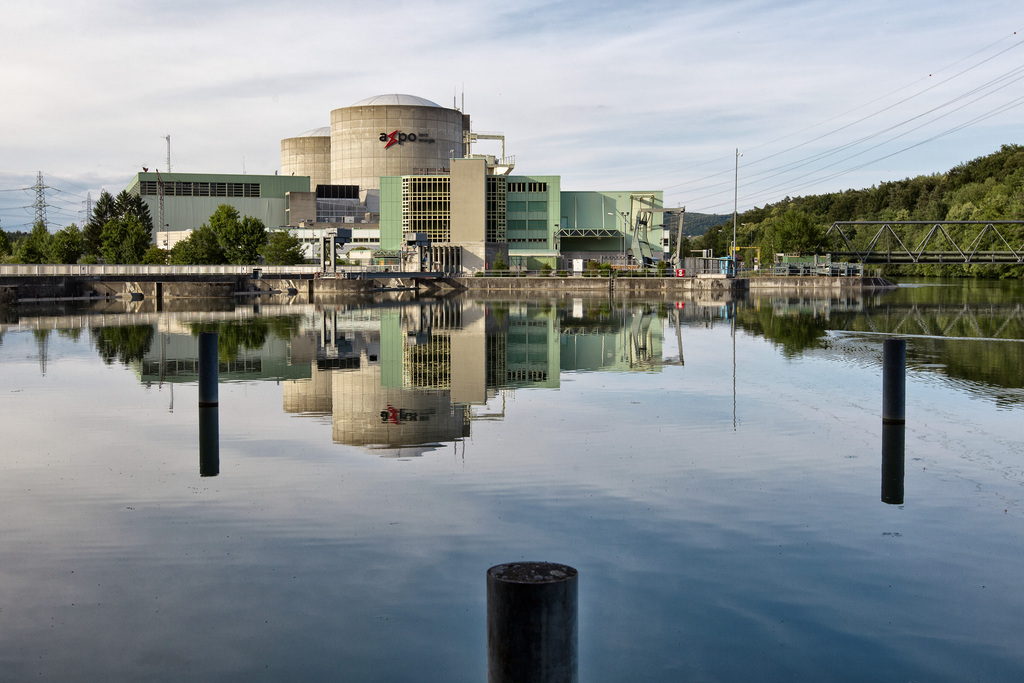
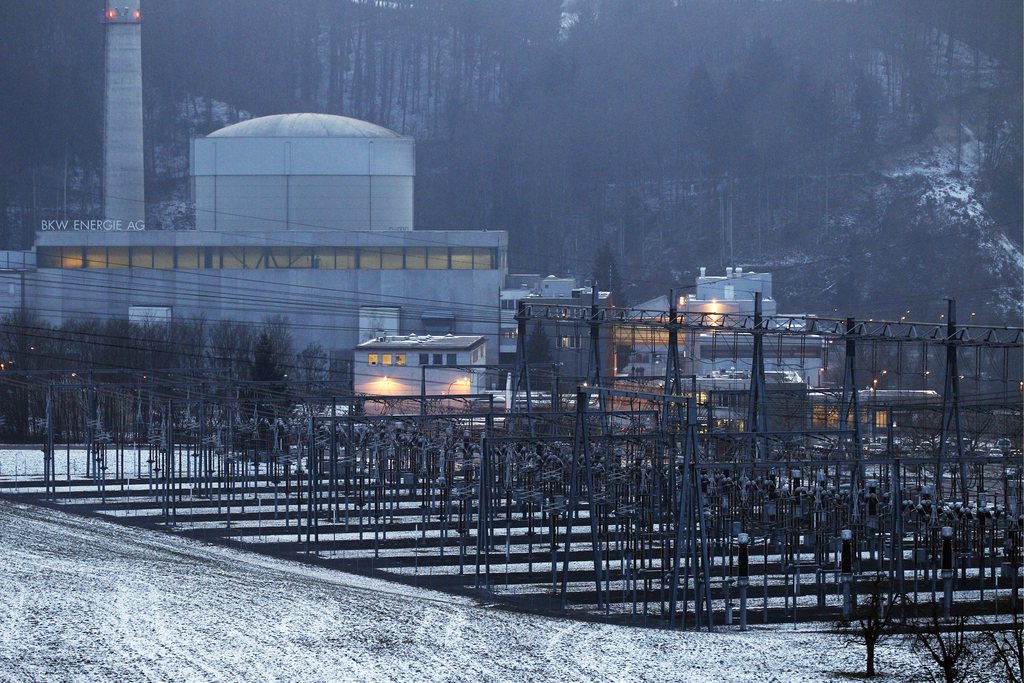
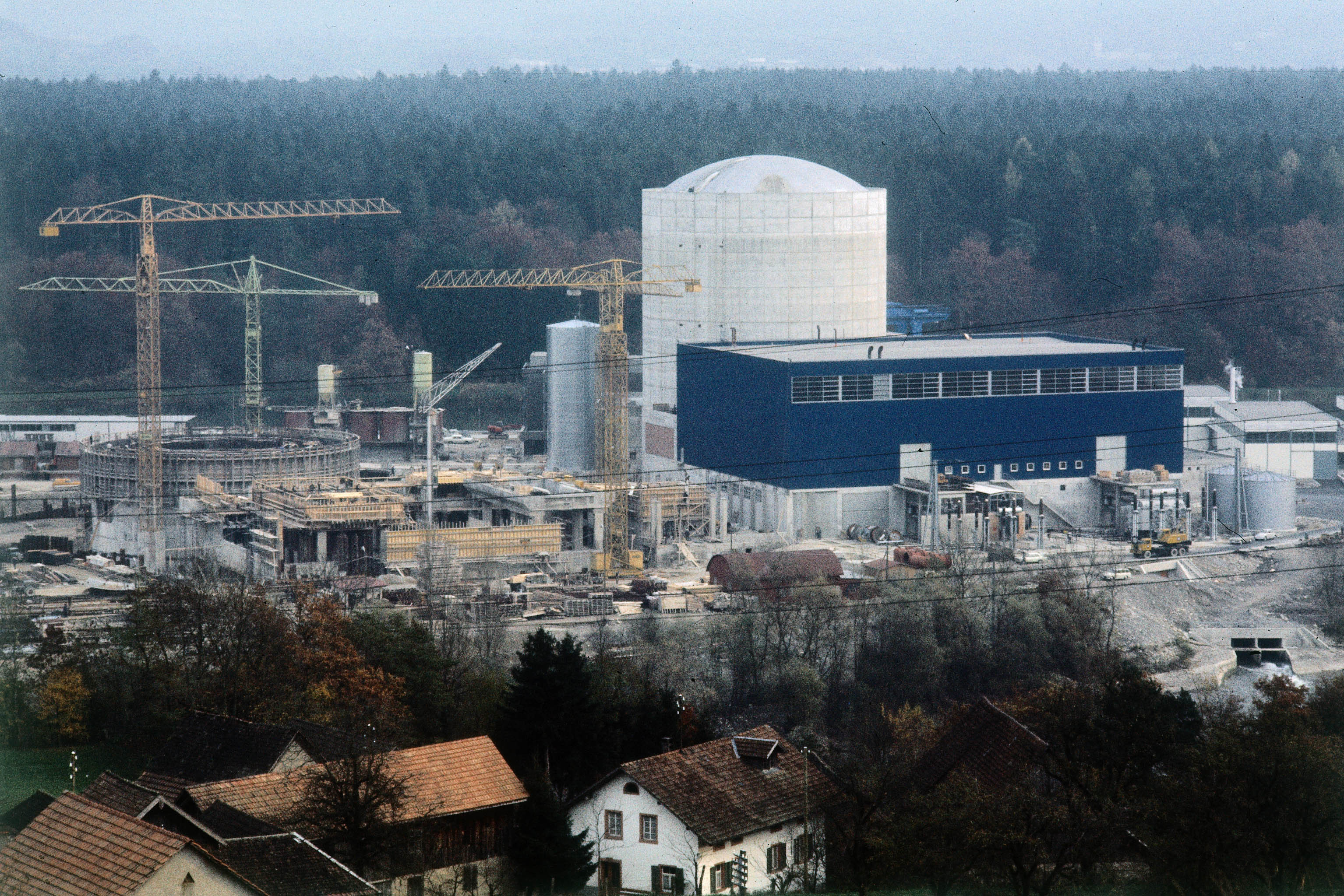
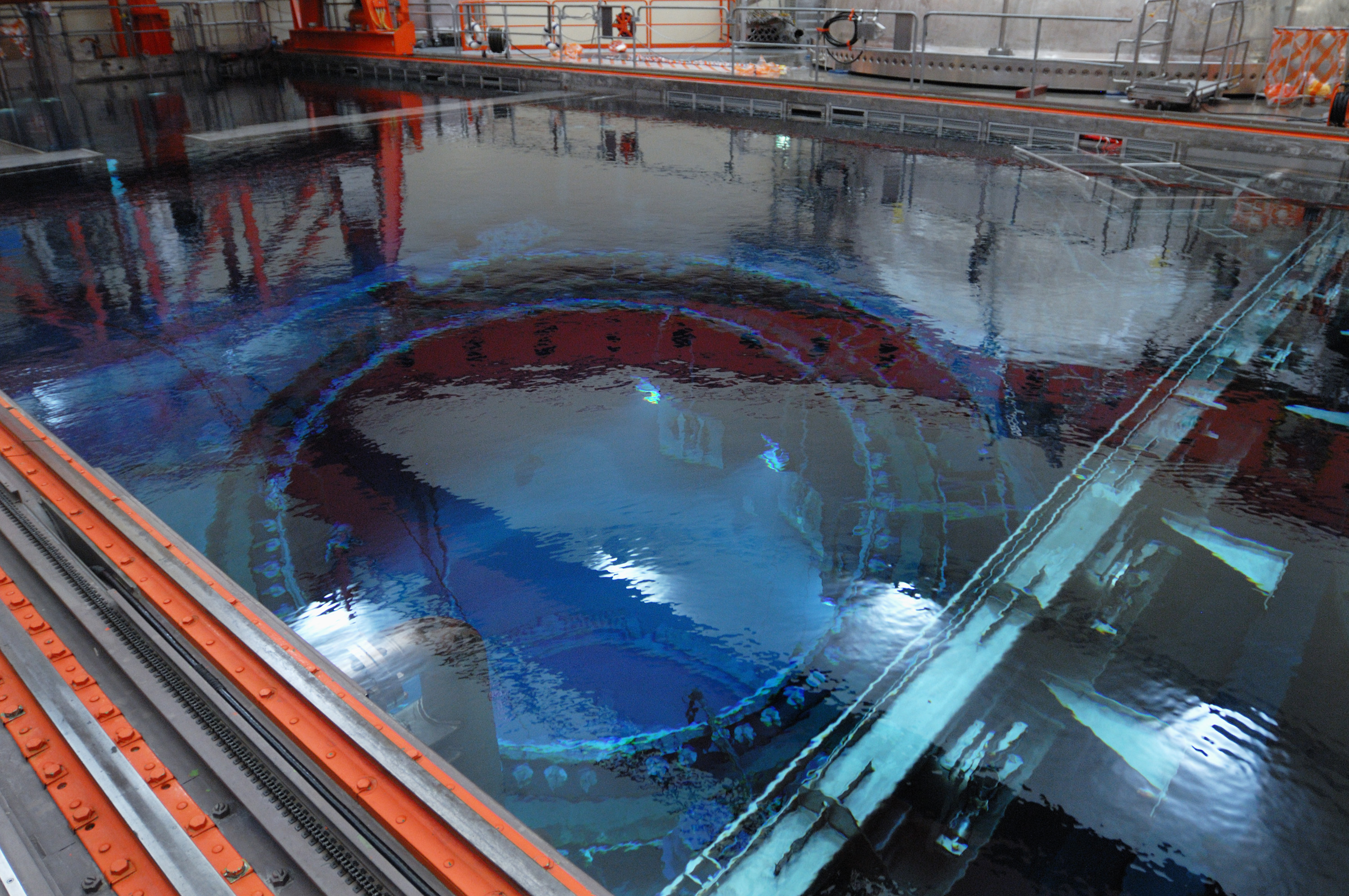
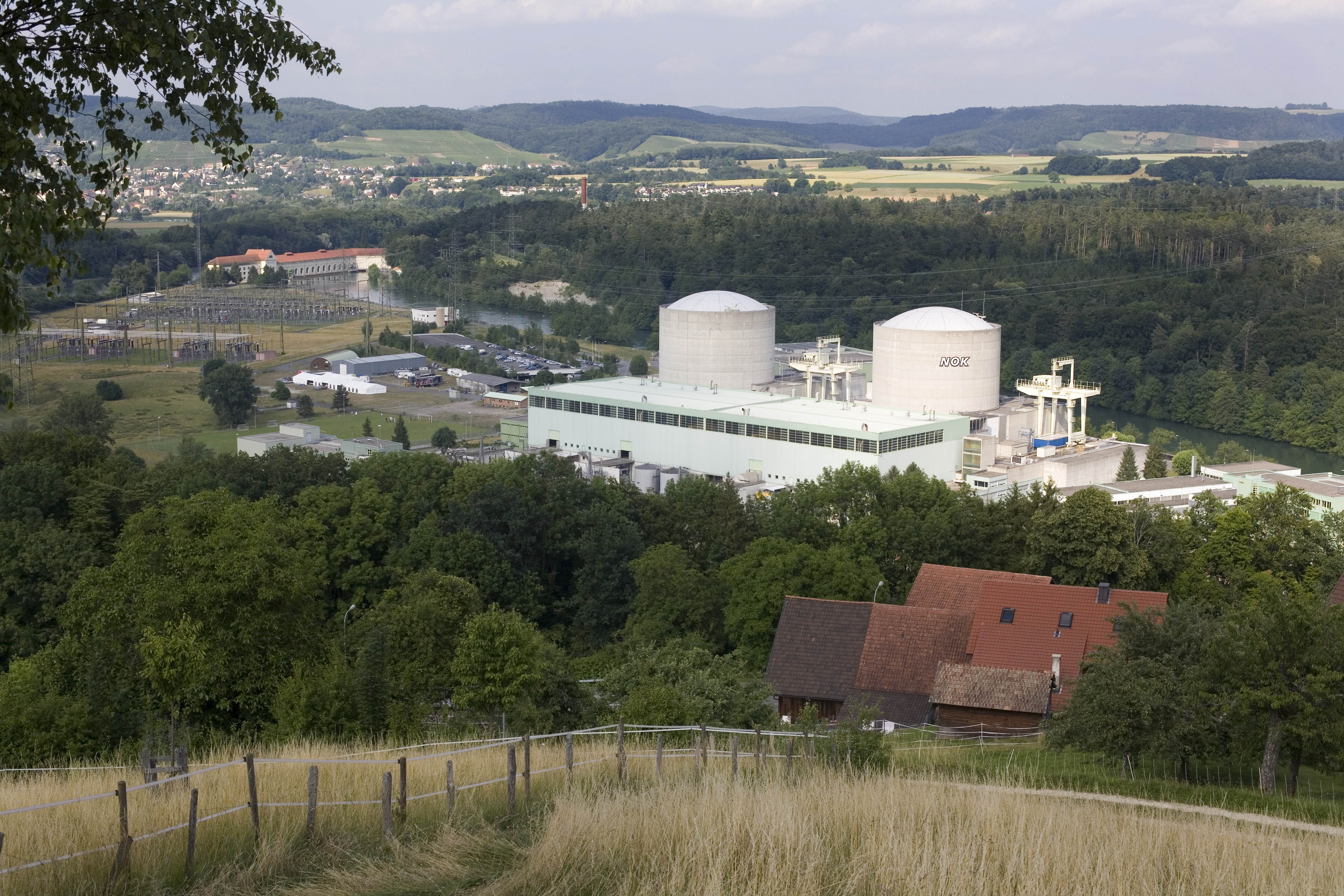
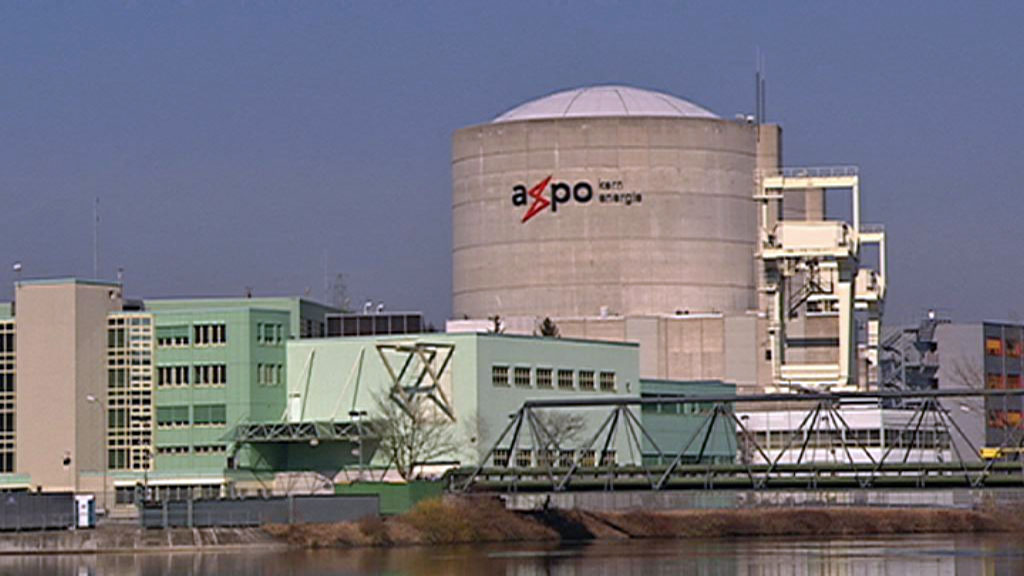
You can find an overview of ongoing debates with our journalists here. Please join us!
If you want to start a conversation about a topic raised in this article or want to report factual errors, email us at english@swissinfo.ch.